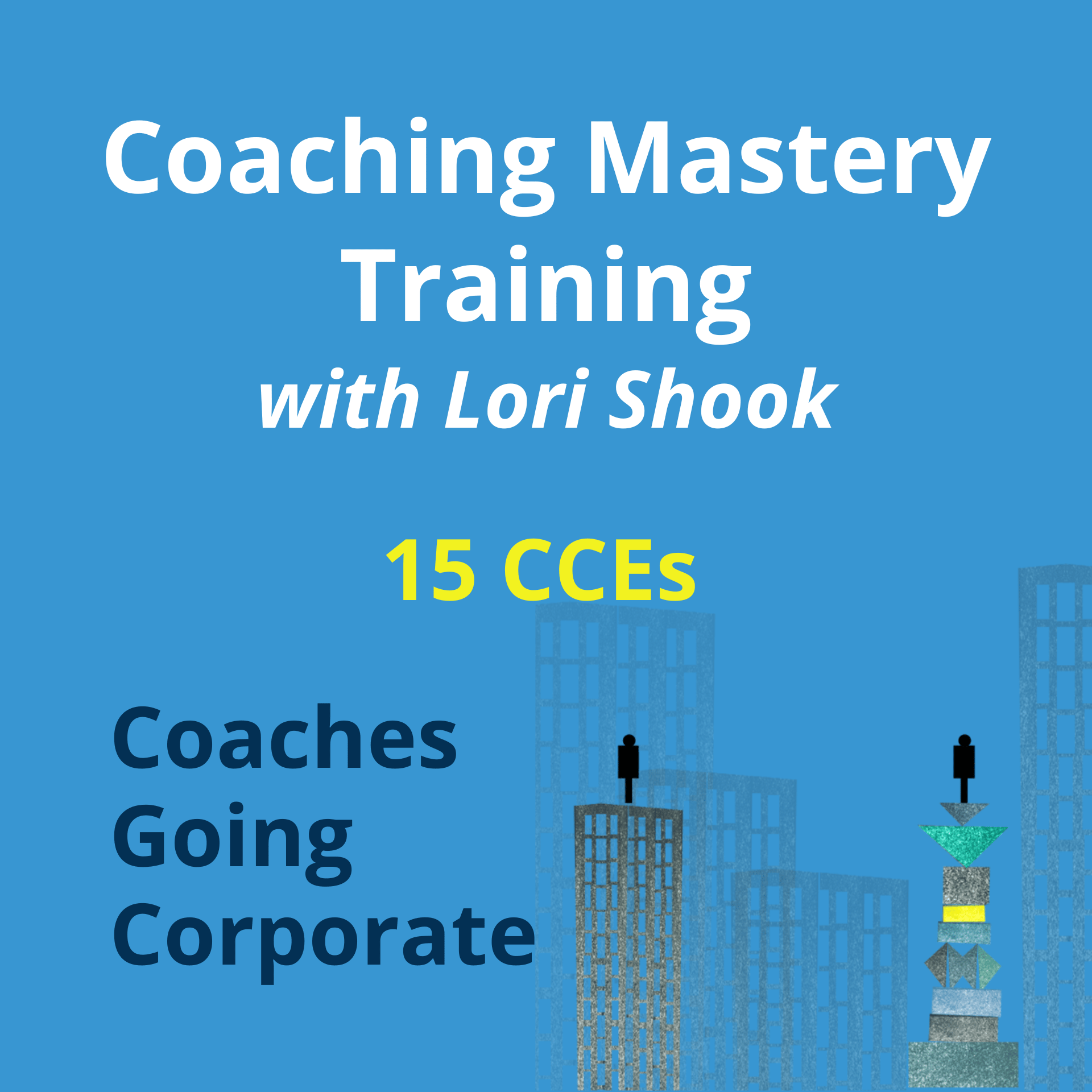
Why can’t I get over what happened to me?
Note: This post is written with “unfair” interactions in mind. Meaning, those unpleasant events that happen in daily business and life. This isn’t meant as a salve for overcoming major traumas such as experiencing war or being attacked. If you have been seriously traumatised or bullied, it is a good idea to seek a therapist who works with trauma.
—***—
Sinead replayed a work-related event over and over in her mind. She saw clearly that she was treated unfairly, and she didn’t understand why. She felt angry, hurt and betrayed. She told anyone who would listen and every time that seemed to help a bit. Except that it didn’t, really. And then people stopped listening to anything Sinead wanted to talk about, because she brought everyone else down and there wasn’t ever any change. But she couldn’t seem to get over it.
The world is unfair, some people take advantage of others and we’re likely to be hit by that unfairness at one time or another. Then we chew and chew on it, creating more and more stress, more pain and less sleep – the exact thing we need to help ourselves heal emotionally.
Why does it create so much stress?
Every time we repeat or revisit an event, it’s as if we re-experience it all over again: the emotional brain reacts anew to the re-imagined situation, sending out signals and chemicals which create stress in the body. Every time. The physiological response is as if the event is happening all over again because the brain doesn’t really know the difference between a real event and an imagined event.
It might go like this: you play out the scene again and your brain reacts again. Cortisol floods your body which makes you feel tense, uptight and possibly angry and wanting revenge. These feelings keep you up at night (one of cortisol’s jobs is to keep you awake) and it stresses out your organs and generally ages you.
It’s not healthy.
What can I do instead?
The simple solution is to stop re-telling the story! Just stop. Yes, I know that may sound near impossible, but it is effective. Stop repeating it. Find the discipline to just stop.
If that’s absolutely impossible, then try to revisit the story from outside of it, as if you were filming it. What are all the players doing and why? With this approach you might learn something about the others involved. It may be a fact that they were evil, unsavoury and they used/abused you. There may be some lessons there to learn.
Name the emotions
Then the next time the story shows up in your head, instead of going through the steps of what happened, name what you feel – to yourself, to others or write them down. Perhaps you feel betrayed, vengeful, angry, disappointed.
Self-compassion
You are not alone and what has happened to you is a very human thing. Try having compassion for yourself and check out Kristen Neff’s work on self-compassion.
Learning
Maybe you need to see how you got involved in this; perhaps you didn’t put safeguards in place, or you gave others mixed signals. Perhaps you trusted someone you shouldn’t have. Maybe you were simply in the wrong place at the wrong time.
What are the lessons from that way of looking at it? Get a coach to help you learn from your past experiences.
Maybe you made a mistake. And if so, maybe it’s time to forgive yourself. Here are some further tips from Healthline on self-forgiveness.
Change the stored emotions
This leads us to changing how you remember this event.
A part of our brain, called episodic (like for ‘episodes’) memory holds memories of events that happened along with emotions that are associated with that event. Every time we recall the event, we experience the emotions stored there. But the tricky part is that the stored emotions are updated every time we revisit that memory. So if you recall the event and your anger, fear, shame, resentment becomes bigger, the stored emotions expand as well. The next time you remember the event, you aren’t recalling the emotions of that moment, you recall the emotions you most recently experienced about that event.
The bad news is that you can exaggerate and exacerbate the feelings and the good news is that you can also recall, work with your emotions and soften your response in the future.
To soften your response will mean that you revisit the story and keep yourself from getting dramatic about it. Come with an open-heart to forgive yourself, forgive the others, to just be curious. We all experience painful events in life. It’s helpful to develop strategies to acknowledge them and move on so we can get back to being the best version of ourselves we can be. Perhaps these bumps will help us grow and make us wiser (but it never means we deserved or needed the bumps in the first place – but that’s a topic for a later post 😊).
Coaches Going Corporate

Coaches Going Corporate provides you with advanced coaching tools that will help you work with clients who are stuck in the rut of rumination about the past.
more info